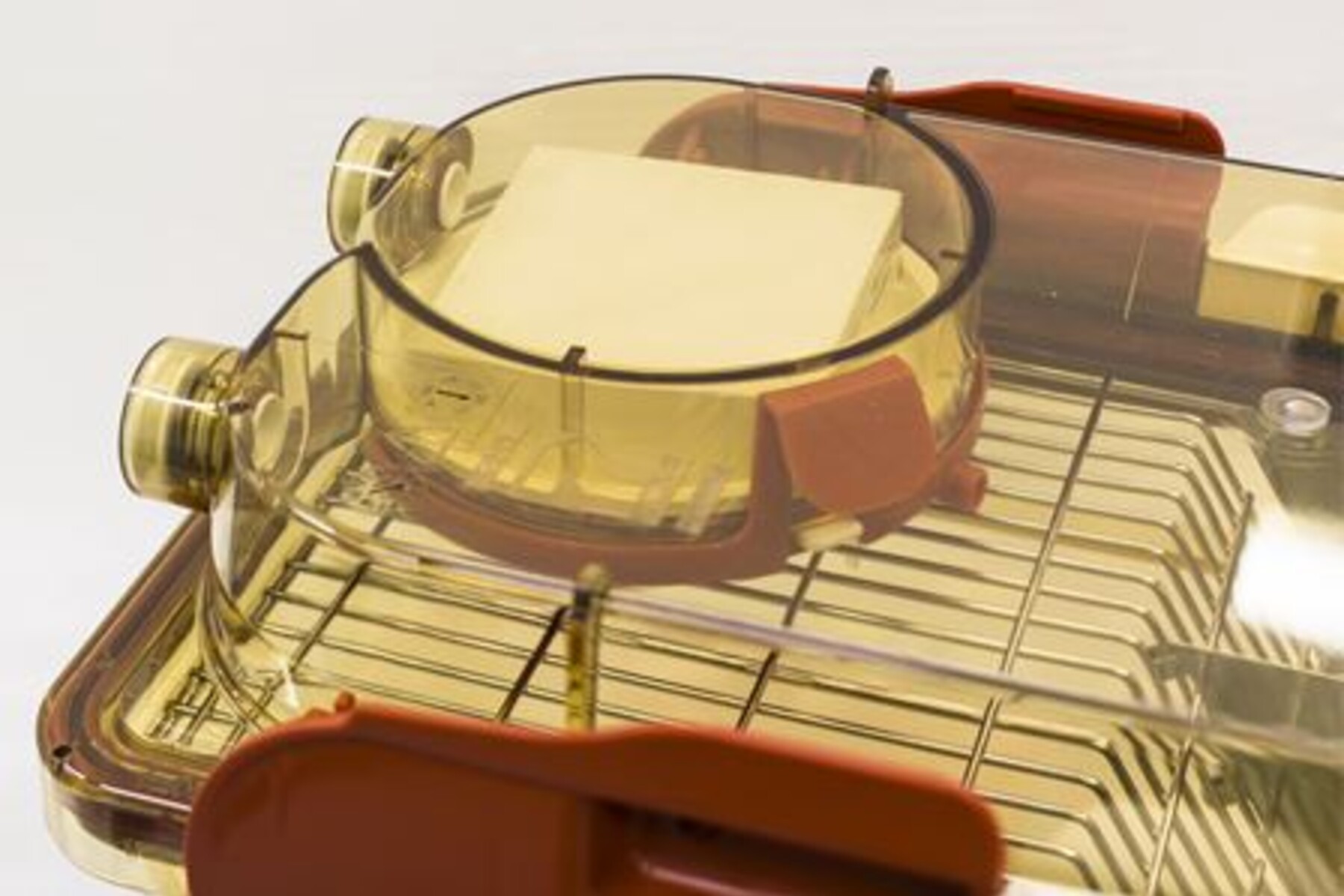Main Second Level Navigation
Breadcrumbs
- Home
- Research
- Facilities and Equipment
- Biocontainment Support
Biocontainment Support

DCM supports your in-vivo project using RG2 and 3 pathogens with professionally trained staff, biocontainment equipment and space. DCM’s accredited and licensed facilities include CL2 space offered at both MSB and Donnelly CCBR sites. In partnership with UHN, the University of Toronto offers a CL3 in-vivo lab operated by DCM at the Donnelly CCBR. A separately managed CL3 in vitro lab is also available for your use in MSB.
In keeping with University of Toronto policy and regulatory requirements, a valid University of Toronto Biosafety Permit is required for all laboratory work which involves the use of potentially hazardous biological agents and materials containing such agents. Working with EHS, DCM has developed standard operating procedures (SOP) for working safely with RG2 and RG3 pathogens in animal models. Working from these SOPs, DCM has developed training for investigative staff with safety as a first priority. In keeping with risk mitigation for any hazard, where biohazards must be used, DCM employs administrative controls, engineering controls and personal protective equipment based on risk assessment. Risk assessment is performed as part of the Biosafety Permit review process overseen by the Institutional Biosafety Committee.
DCM’s professional staff is available to provide you with a full range of technical support to your CL2 or CL3 projects, from day-to-day maintenance and monitoring to intensive management and performance of all animal work as designed by you or in collaboration with our management team.
